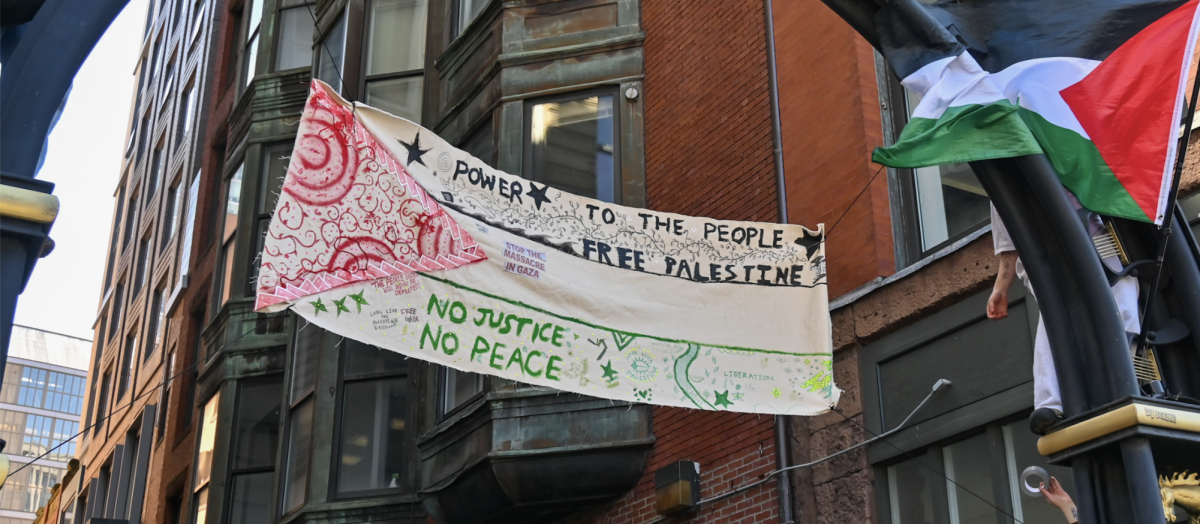Ally Johnson Journal Staff
The first wave of the Women’s Liberation Movement began in the 19th century and dealt largely with women’s suffrage. The second wave hit in the 1960s through the 1980s and went on to deal with gender inequality in the work force and at home. Now, in 2013, women can vote and obtain jobs that bring in the main source of household income.
Despite all of that, feminism is still an unwelcome term in many areas of the United States. Individuals may feel safer with fields driven by men (firemen, policemen) because of inbred, patriarchal beliefs that women are still physically incapable compared to their male counterparts, despite the vigorous training endured in order to reach certain stations. However, many things have changed: the fight for gender equality and feminism powers on, albeit in different terms.
Women have been allowed to fight for their country in active service since the 1970’s and despite some harrowing road blocks along the way (I suggest director Kirby Dick’s documentary “The Invisible War” for more information on such hindrances,) they have continued tirelessly to seek work in combat and fight for their country.
Why then, after seemingly overcoming so many other bigoted positions on women and their rights to serve, have women been denied such a crucial standing as fighting on the front lines? In 1994, the Pentagon ruled a restriction on women from artillery, armor, infantry, and other combat rules; all of this despite the fact that women often found themselves in combat situations in Iraq and Afghanistan.
Last week’s ruling made by Defense Secretary Leon E. Panetta, is lifting the military’s ban on women in combat, which will open up jobs on the front line. More importantly, this will help solidify a woman’s place in the military, as well as her importance, allowing recognition to be more easily sought and given.
There will be and undoubtedly is those of whom who believe that such a provision is unwelcome in the United States military. Those are the individuals who believe that women are inferior, men are stronger and are more capable on the battlefield, and that women are too emotional. Voila: sexism still exists and presses on.
For the past decade, some women have been fighting in hostile combat areas, despite the lack of acknowledgment. They’ve been black ops pilots and drivers entering areas with landmines, for example. Despite the fact that they’ve been banned from shooting a gun on the frontlines, that hasn’t stopped them from being shot at. It hasn’t stopped them from being injured; it hasn’t stopped them from dying. Why deny such a consequential role for so long and why overturn the law now?
This law being passed just adds to a series of potential progressive steps in the direction of equality. People can fight about whether or not they should, but no matter. This will allow women soldiers to be compensated for the work they’ve been doing and will now continue to do; but with this upcoming year, have more job openings and dignity awarded to them.
This turn of events is mirroring the mindset that the general public is in. We’re changing, we’re moving forward (albeit at what often times feels like an excruciating slow pace,) and the rest of the country is following suit. There’s no doubt that this will continue to be a hot button issue and people will debate the merit, but the first step is the overturning of the 1994 law. From here on, we cross our fingers and hope that women receive the same amount of respect for giving up their lives for the United States military that men do.








